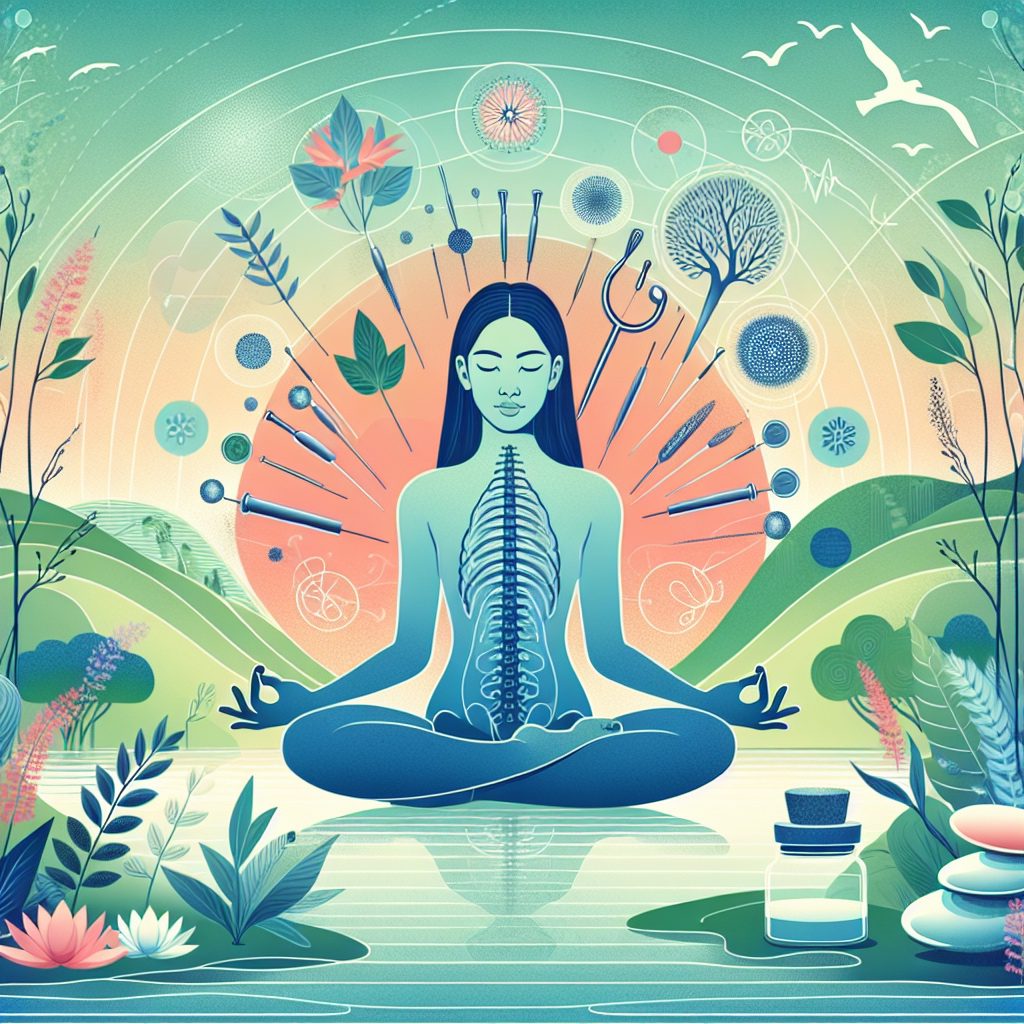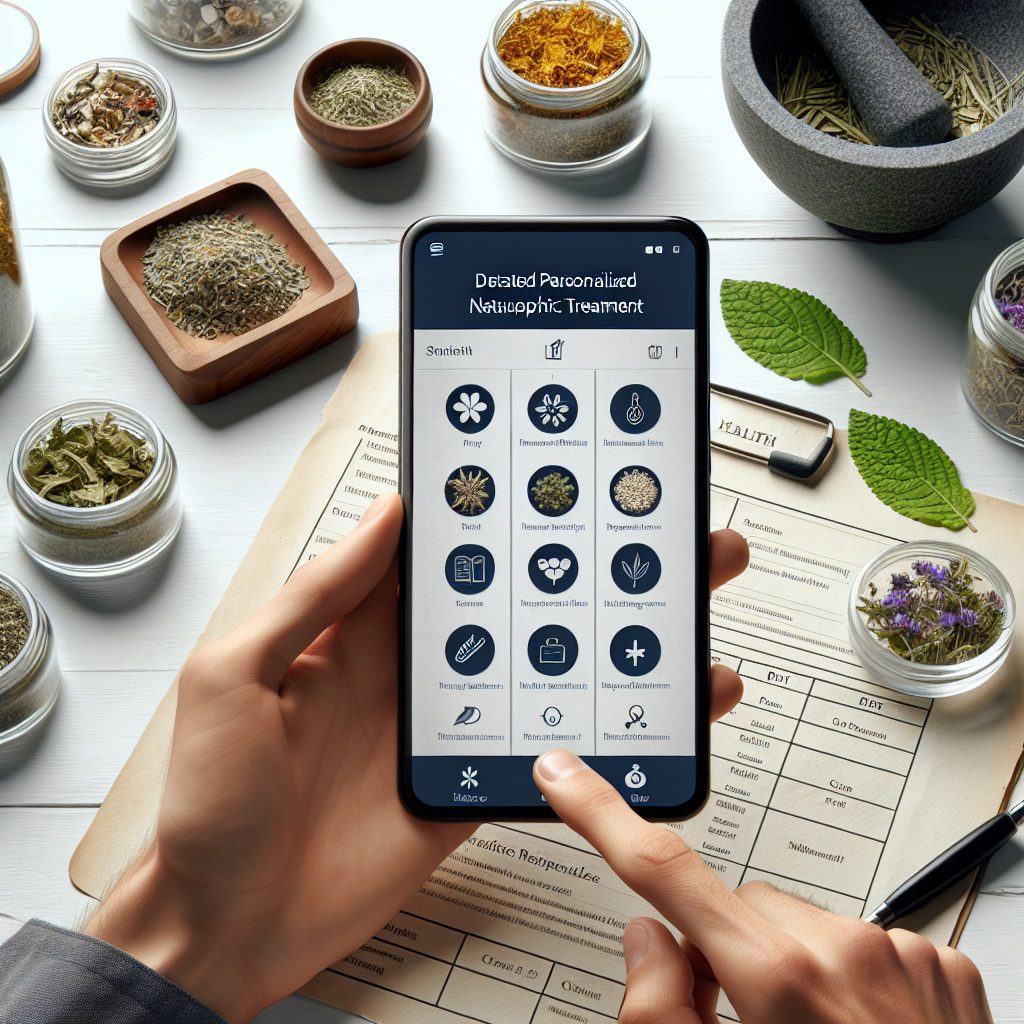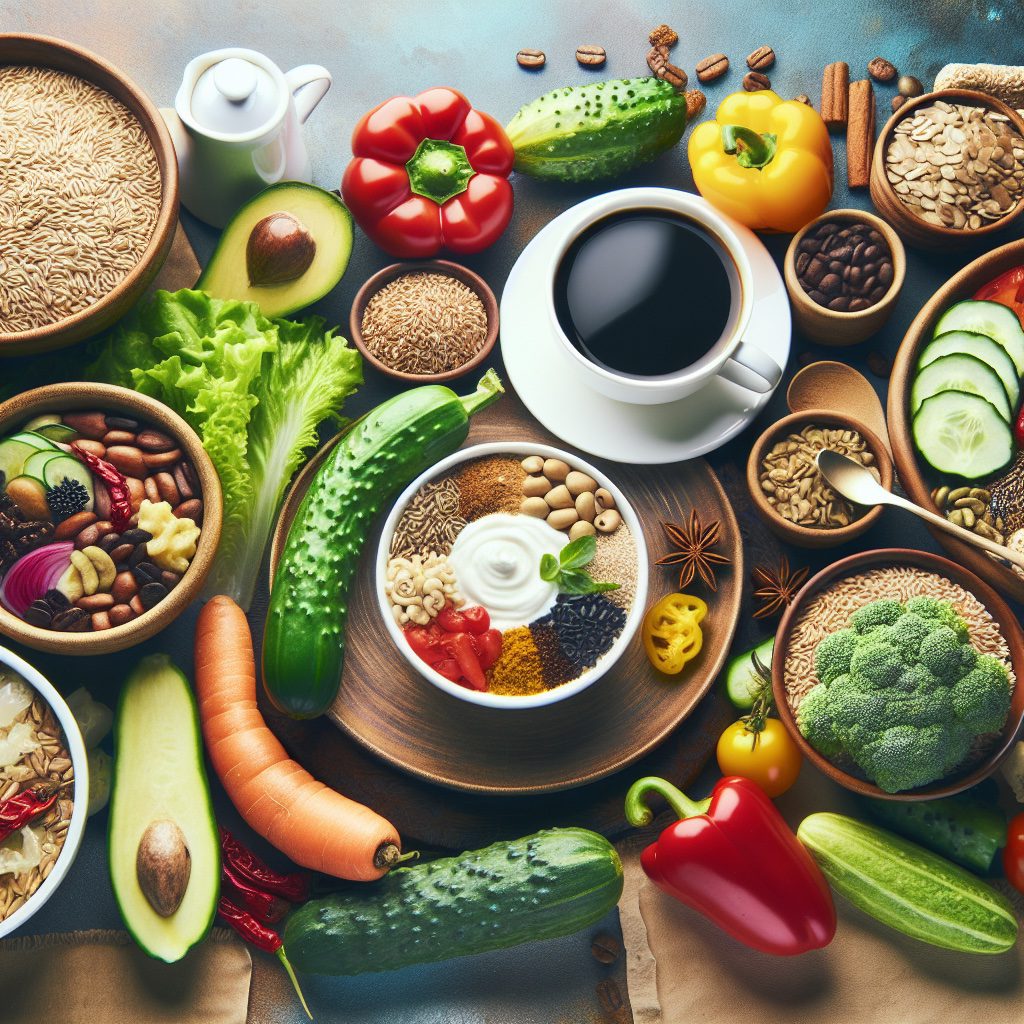Picture this: it’s a chilly evening, and you’re curled up on your couch with a steaming mug of your favorite herbal tea. That comforting warmth spreading through your hands, the aromatic steam rising to your face, the gentle flavor dancing on your tongue… but did you know that while you’re enjoying that moment of tranquility, your herbal tea is actually working overtime for your health?
That’s right! That innocent cup of herbal tea isn’t just soothing your soul—it’s waging a silent battle to boost your wellbeing. Every sip is delivering a powerful dose of nature’s medicine directly to your system, often without you even realizing it. Whether you’re reaching for chamomile before bed or ginger when your stomach feels upset, you’re tapping into an ancient healing tradition that modern science is increasingly validating.
“Many people drink herbal teas simply because they enjoy the taste or as part of a relaxation ritual,” explains nutritionist Samantha Chen. “They don’t realize they’re simultaneously giving their bodies a health boost with every cup.”
The Science Behind the Sip: How Herbal Teas Support Your Body
Herbal teas are more than just delicious beverages – they’re concentrated sources of plant compounds with remarkable health-supporting properties.
Let’s pull back the curtain on what makes herbal teas such powerful health allies. At the heart of their health benefits are compounds called antioxidants, particularly polyphenols, which act as tiny defenders in your body. These antioxidants help neutralize harmful free radicals—unstable molecules that can damage cells and contribute to aging and various diseases.
When you sip on herbal tea, you’re essentially flooding your system with these protective compounds. Studies have shown that regular consumption of antioxidant-rich beverages like herbal teas can help reduce inflammation, support immune function, and even lower the risk of chronic conditions like heart disease and certain cancers.
Take echinacea tea, for example. This popular herbal infusion has been shown to stimulate the immune system, potentially reducing your chances of catching that cold going around the office. Research published in the Journal of Preventive Medicine found that echinacea can reduce the odds of developing a common cold by more than 50% and shorten the duration of colds by 1.4 days on average.
Elderberry tea is another immune-boosting powerhouse. Rich in vitamins A and C, this berry-based brew has demonstrated impressive antiviral properties, particularly against influenza. During the cold and flu season, a daily cup might be just what your immune system needs for extra support.
“The antioxidants in herbal teas work like a cleanup crew in your body,” says herbalist Michael Torres. “They help remove the damaging compounds before they can cause harm to your cells.”
Your Digestive System’s Best Friend
If you’ve ever reached for a cup of peppermint tea when your stomach feels unsettled, you’ve experienced firsthand one of the most immediate benefits of herbal teas—digestion support. Many herbal teas have properties that can soothe digestive discomfort and promote healthy digestion.
Ginger tea, with its spicy kick, is renowned for its ability to ease nausea and reduce digestive distress. It works by helping food move through the digestive tract more efficiently and has been used for centuries to treat everything from morning sickness to motion sickness. A review of studies found that ginger was effective in reducing nausea and vomiting across various conditions.
Peppermint tea relaxes the muscles of the digestive tract, potentially relieving symptoms of irritable bowel syndrome (IBS) and reducing bloating. The menthol in peppermint has antispasmodic properties that can calm an upset stomach and ease cramping.
“I recommend peppermint tea to many of my patients with digestive complaints,” states gastroenterologist Dr. Rebecca Lee. “It’s a gentle, natural approach that often provides significant relief without the side effects of some medications.”
Fennel tea, with its subtle licorice flavor, is another digestion hero. It can help reduce gas, bloating, and cramps by relaxing the muscles in your digestive system. Traditionally used to promote healthy digestion after meals, fennel tea exemplifies how our ancestors understood the medicinal properties of herbs long before modern science confirmed them.
Calm in a Cup: Mental Wellness Benefits
The therapeutic benefits of herbal teas extend beyond physical health to support our emotional and mental wellbeing too.
Beyond the physical health benefits, many herbal teas offer significant support for mental wellness. In our fast-paced, high-stress world, the calming effects of certain herbal teas provide a natural way to find balance and tranquility.
Chamomile tea stands out as perhaps the most famous calming herbal tea. Its gentle, apple-like flavor masks powerful compounds that bind to the same brain receptors as anti-anxiety drugs—without the side effects or potential for dependence. Studies have found that chamomile can reduce symptoms of generalized anxiety disorder and improve sleep quality.
“I drink chamomile tea every night as part of my wind-down routine,” shares Sarah Johnson, a yoga instructor from Portland. “It signals to my body that it’s time to relax, and I’ve noticed I fall asleep faster and sleep more deeply when I maintain this ritual.”
Lavender tea offers similar calming benefits, with research showing it can reduce anxiety and improve sleep quality. The aromatic compounds in lavender interact with the nervous system to promote relaxation and stress reduction. A cup of lavender tea before bed might be just what you need to quiet a racing mind and prepare for restorative sleep.
Lemon balm tea, with its bright citrusy notes, has been shown to reduce stress and anxiety while improving mood and cognitive function. A study published in the journal Nutrients found that participants who consumed lemon balm experienced significantly reduced stress levels and improved mood compared to those who didn’t.
These calming teas align perfectly with the HerbalsZen philosophy of listening to your body’s voice. When you feel stressed or overwhelmed, your body might be asking for support in finding balance—and a cup of herbal tea can be a simple yet effective response to that call.
Cardiovascular Support in Every Cup
Your heart works tirelessly to keep you alive, and certain herbal teas can give it valuable support. Hibiscus tea, with its tart, cranberry-like flavor and vibrant red color, has been shown to help lower blood pressure. A study published in the Journal of Nutrition found that drinking three cups of hibiscus tea daily for six weeks reduced systolic blood pressure in people with mild hypertension.
Hawthorn tea has been used for centuries in traditional medicine to strengthen the heart and improve circulation. Modern research suggests it may improve heart function and reduce symptoms in people with mild heart failure.
Rooibos tea, from South Africa, contains unique antioxidants that may benefit heart health by inhibiting the angiotensin-converting enzyme (ACE), which causes blood vessels to contract and blood pressure to rise. This natural ACE inhibition mirrors the mechanism of certain blood pressure medications but without the potential side effects.
“Incorporating heart-healthy herbal teas into your daily routine is a simple yet effective way to support cardiovascular health,” notes cardiologist Dr. James Wilson. “While they shouldn’t replace prescribed medications, these teas can complement a heart-healthy lifestyle.”
Mindful Consumption: Understanding Potential Risks
While herbal teas offer many benefits, it’s important to consume them mindfully and be aware of potential interactions.
While herbal teas offer numerous health benefits, it’s important to approach them with knowledge and awareness. Not all herbal teas are suitable for everyone, and some may interact with medications or pose risks in certain conditions.
For instance, hibiscus tea, despite its benefits for heart health, may interact with certain blood pressure medications. St. John’s Wort tea, sometimes used for mood support, can interact with numerous medications, including antidepressants, birth control pills, and blood thinners.
Pregnant women should be particularly cautious with herbal teas. While some, like ginger tea in moderation, are generally considered safe during pregnancy, others like licorice root or sage tea are best avoided.
“Always inform your healthcare provider about the herbal teas you regularly consume,” advises naturopathic doctor Elizabeth Chen. “This is especially important if you’re taking medications or have chronic health conditions.”
Quality also matters when it comes to herbal teas. Opt for organic varieties when possible to avoid pesticide residues, and purchase from reputable sources that test their products for purity and potency. At HerbalsZen, we understand that the relationship between humans and nature should be one of harmony and respect, which is why we insist on using only the highest quality natural herbal ingredients.
Embracing Herbal Tea as Part of Your Wellness Journey
Making herbal tea a part of your daily routine is a simple yet powerful way to support your overall wellness journey.
Incorporating herbal teas into your daily routine doesn’t have to be complicated. Start by identifying areas where you’d like additional support—whether it’s improving digestion, boosting immunity, enhancing sleep, or managing stress—and choose teas that align with those goals.
Creating rituals around tea drinking can enhance its benefits. Setting aside time to mindfully prepare and enjoy your tea without distractions allows you to fully experience its sensory pleasures while creating a moment of calm in your day. This practice aligns perfectly with HerbalsZen’s philosophy of making self-care a daily habit rather than a burdensome task.
“I’ve made herbal tea part of my morning and evening routines,” shares Michael, a HerbalsZen community member. “My morning cup of astragalus and goji berry tea energizes me for the day ahead, while my evening chamomile and lavender blend helps me unwind. It’s a simple practice that bookends my day with wellness.”
The beauty of herbal teas lies in their versatility and accessibility. They offer a gentle, natural approach to supporting health that can be integrated into almost any lifestyle. Whether you’re a busy professional, a parent juggling multiple responsibilities, or someone simply looking to enhance your wellbeing, there’s an herbal tea that can complement your journey.
At HerbalsZen, we believe that health is not just a personal experience but a beauty that can be shared. We encourage you to explore different herbal teas, listen to how your body responds to them, and share your experiences with others. By building a community around wellness practices like herbal tea consumption, we can inspire and support each other on our paths to balance and harmony.
So the next time you reach for that cup of herbal tea, take a moment to appreciate not just its flavor and aroma but also the invisible work it’s doing for your health. That simple drink is a powerful ally in your wellness journey—a natural remedy that has stood the test of time and continues to offer its healing benefits in our modern world.
As the ancient Chinese proverb goes, “Drinking a daily cup of tea will surely starve the apothecary.” In today’s terms, we might say that a daily herbal tea habit might just keep the doctor away. So brew, sip, and allow yourself to be nourished by nature’s healing wisdom, one cup at a time.




